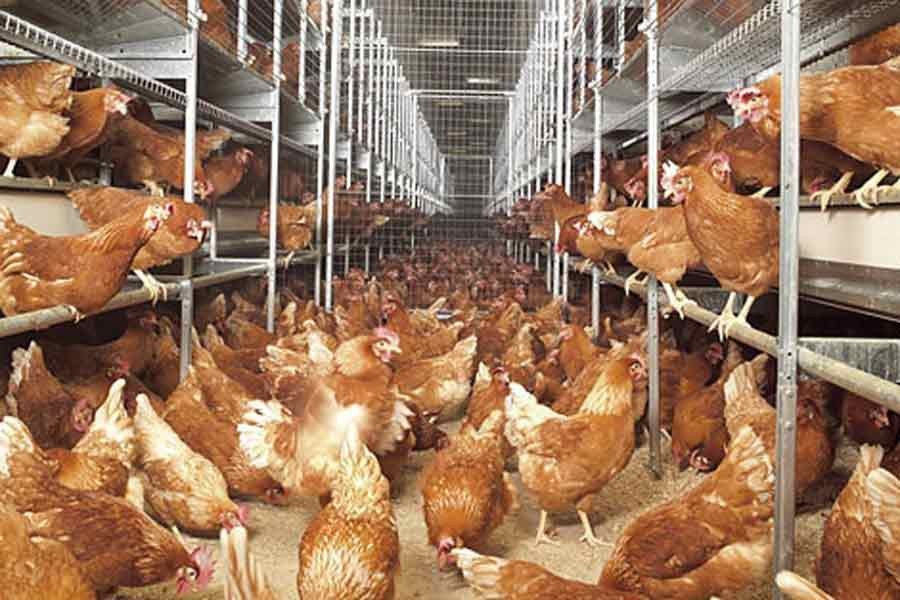
Published :
Updated :

Price hike of raw materials of animal feed in the global market and increased shipping cost are seriously hindering import of raw materials, causing abnormal feed price hike in the local market. Animal feed prices have inflated in weeks amid a leap in corn and soya-meal cost globally. Beef, mutton, chicken, egg and cultured fish prices have gone up by 10-15 per cent in the past two months. Poultry, cattle and fish feed prices rose by Tk 3.0-4.0 a kg (6.0-8.0 per cent) while inputs witnessed a 25-30 per cent hike in a year, compounding woes of both consumers and farmers. Broiler feed price has increased to Tk 54-55 a kg, cattle to Tk 43-45, fish to Tk 70-100 in weeks, making farming much too expensive.
Maize, soya and rapeseed are the key ingredients of animal feed. Local feed producers say export restraints by countries like Argentina have made the situation critical. As a result, soya meal price has soared by 15 to 20 per cent compared to that of the previous year. According to observers, besides measures for lowering import cost of soya, the government has other mechanisms to keep local production cost much lower. Currently, export of soya meal is permissible by local refiners, and this is believed to be instrumental in not containing local production cost. A ban on export could have made the situation much better, says an expert.
Annual demand for animal feed in the country is around 6.4 million tonnes, of which poultry cosumes 60 per cent, fish 25 per cent and cattle feed 15 per cent, according to the Feed Industries Association of Bangladesh. Local feed millers now produce almost 99 per cent of the total demand. The feed industry has grown annually by more than 15 per cent in the past decade. But it is the high import cum shipping cost, made worse by advance income tax, that has caused production unaffordable for most small and medium entrepreneurs. Despite a notable rise in local corn production of 4.5 million tonnes, local millers still need more than 2.0 million tonnes of corn from global sources amid rising feed demand. Soya meal and rapeseed demand have also soared to 2.5-2.6 million tonnes. In the wake of the rising feed prices affecting livestock, poultry and cultured fish prices, there has been a slump in demand for the products.
It is important that the government intervened in whatever capacity it could in order to address the situation that is fast heading for a crisis. Since animal feeds are crucial for the sustenance of livestock and fish culture industry, there has to be policy support not only to help the enterprises but also to relieve the ordinary consumers, who are in a tight spot following the pandemic, of the food inflation. Slapping a ban on export of soya meal could be an immediate move. Along with this, withdrawal or a cut on taxes including advance income tax may also be considered aimed at bringing some relief to the producers.


 For all latest news, follow The Financial Express Google News channel.
For all latest news, follow The Financial Express Google News channel.